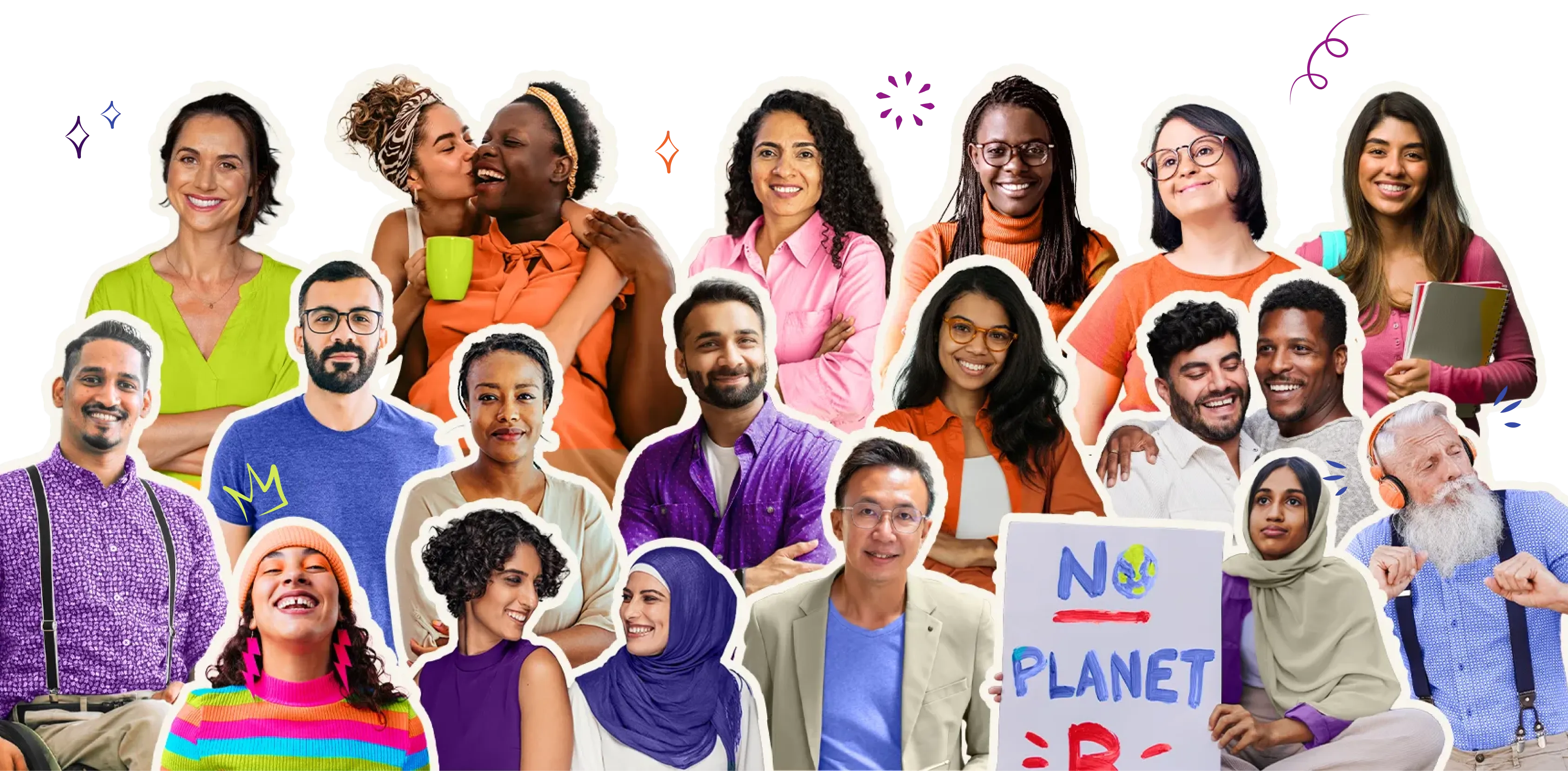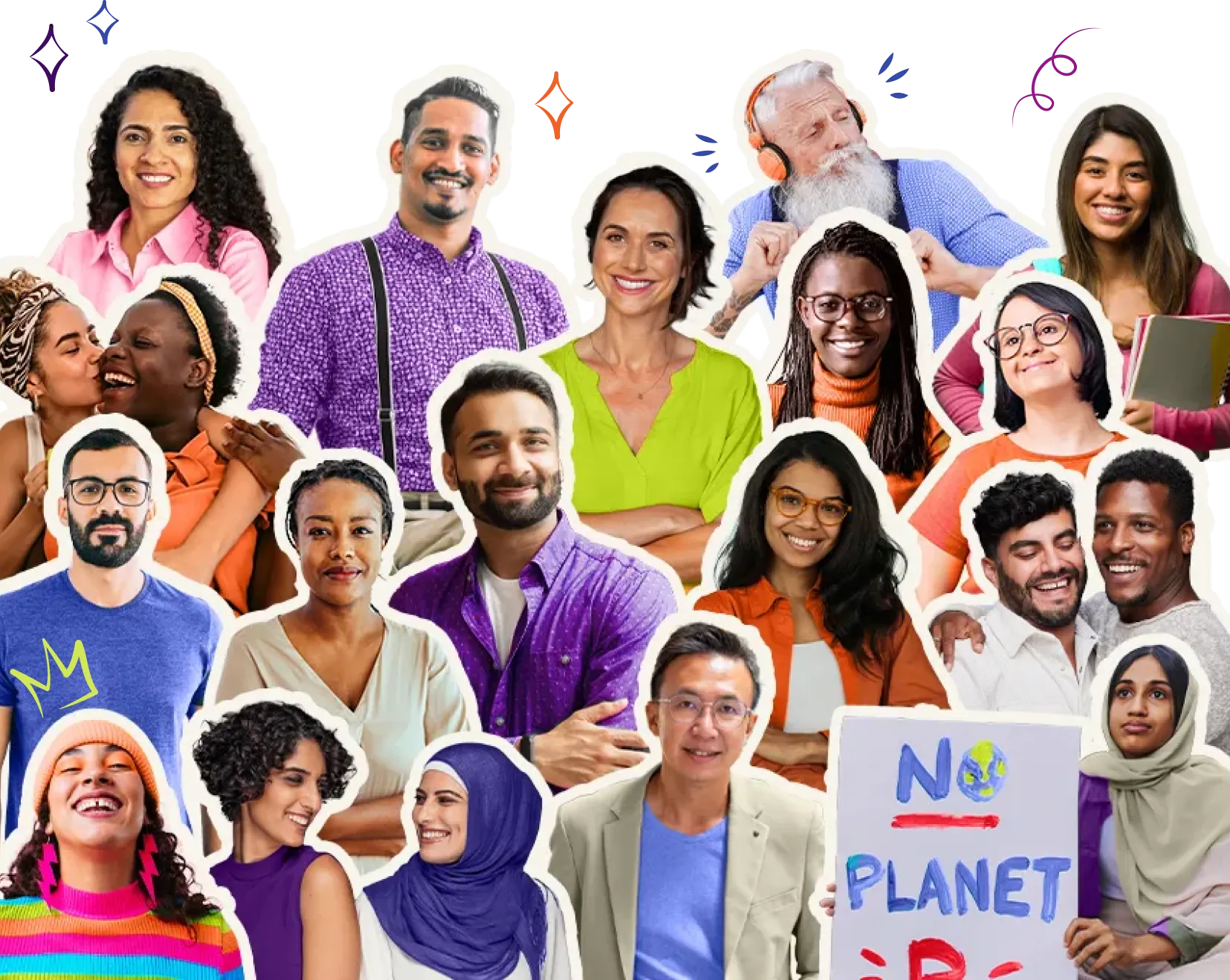Blog
It Will Take All of Us
A somber coda to today’s crises is the reminder that President Obama was right: we are the ones we’ve been waiting for.

A somber coda to today’s crises is the reminder that President Obama was right: we are the ones we’ve been waiting for.
We are in a liminal moment, between yesterday and tomorrow. What we can see clearly in the fog of threat and fear is that inequities in society are real — complaining about working from home is a privilege, the vast majority of Americans can’t, even if they wanted to. But what we can also see is that change, which is here inevitable, provides a crucial platform to ameliorate inequities.
The federal response has been, well, uneven. A large package is being hammered out as I type, and may deliver unprecedented relief in the face of true misery. But the state and local leaders are the stars of this sad show. Governors and mayors, philanthropy and the private sector are way ahead of the administration with measures to try to protect and guide us.
Like you, we at Raben have adapted for the fights ahead.
From home, and with slightly different dress codes, we are advocating for our clients, pressing our elected representatives to adhere to the values of equity and inclusion. We’re pushing for nonprofits to be included in relief packages. We’re monitoring policy proposals for their impacts on communities in most need. We’re advocating for a distribution of checks that will be efficient and fast.
And we are supporting our clients who too are moving fast. Some of the nation’s largest corporations and philanthropies are taking unprecedented steps to provide community-based organizations and advocates with critical funding on flexible and expedited terms. More than 40 U.S.-based and international foundations have joined the Mellon and Ford Foundations in pledging to provide greater flexibility, expedited grantmaking, community-based services, and investing in advocacy on behalf of overlooked communities.
We are proud to work with corporate and nonprofit partners who are giving back, applying their creativity and smarts to these unprecedented challenges. Advocates and corporate actors across the issue spectrum are making sure no one is denied emergency assistance on account of their immigration status, school district, or access to high-speed internet; whether they are students, employed full-time, hourly, or in the gig economy.
The Los Angeles Unified School District is providing two free meals to children in the district under the age of 18. Starting Wednesday, T-Mobile is making high-speed mobile broadband available for just $15 a month. Students in K-12 and many college students taking their lessons at home will have access to free Spectrum broadband and Wi-Fi access for 60 days to households, as well as convenient new hotspots, as part of Charter Communications‘s response to COVID-19. Pearson is making free online courses available across the globe, as well as e-books and on-demand webinars.
The Southern Poverty Law Center is on top of the sad but predictable hate that comes with fear, focused on protecting Asian Americans in this time of virus. And a slew of our funder clients are coming together to figure out election protection, how to make sure this tragedy is not used as a vehicle to further suppress voting.
Walmart is investing $550 million in bonuses for its associates and taking on 150,000 new hires. Mastercard donated 25,000 respirator masks to New York City hospitals. Google pledged $50 million to the global COVID-19 response and the World Health Organization’s Solidarity Response Fund and is making premium telework features and distance learning resources available to all users. Univision, the most trusted brand among U.S. Hispanics, is ensuring Spanish-speaking households have access to resources and up-to-date information on a COVID-19 resource page. And Dalio Philanthropies and the Partnership for Connecticut is providing child care for nurses on the frontlines, and laptops for up to 60,000 Connecticut students who don’t have them.
This pandemic has revealed just how much we rely on those we often overlook, from workers in the warehouses and fulfillment centers to grocery store clerks, educators, farmworkers, telecommunications professionals, child care workers, and everyone in between. States are rightly using emergency powers to deem these services essential, making child care and other benefits available to those working on the frontlines of this pandemic and keeping our economy moving.
We are in this with you, honing every virtual tool available to make sure your message finds its way to those who need to hear it most.
Listen to the experts, wash your hands, and, if you can, stay home.


